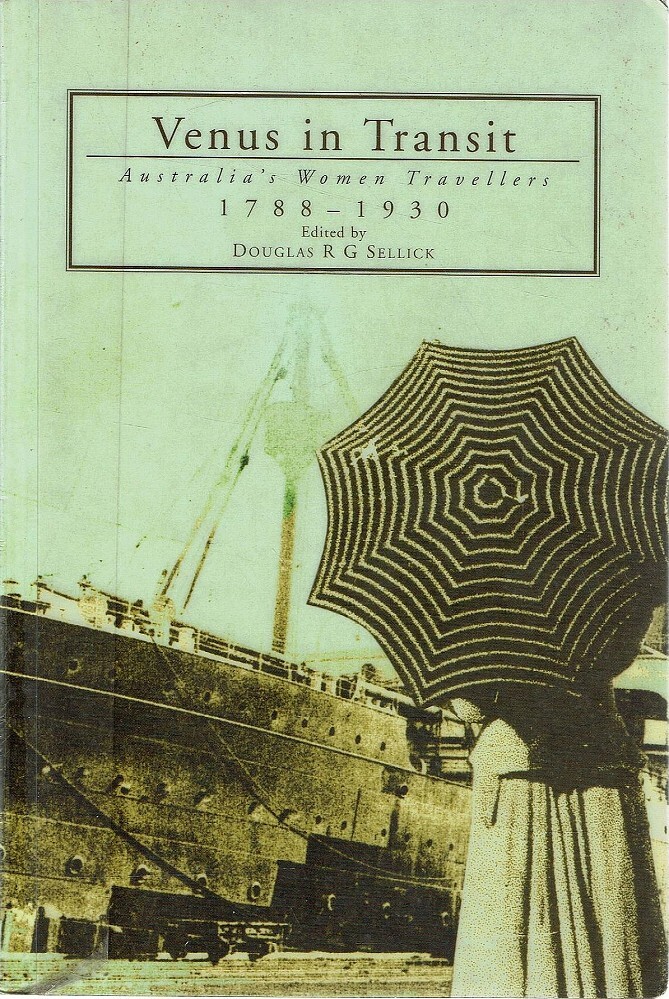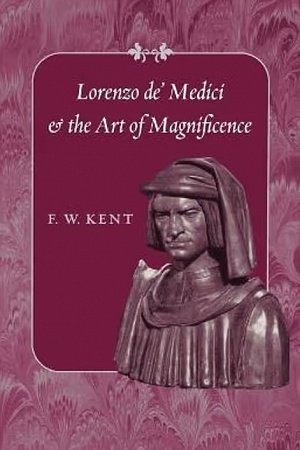The Cambridge Companion to Travel Writing
CUP, $49.95 pb, 353 pp
Universal nomads
In our postmodern age, when everything travels and travel is a metaphor for everything, travel and travel writing have become the subject of intense scholarly interest and debate. Travel, once largely the domain of geographers, and travel writing, previously relegated to the status of a sub-literary genre, now engage attention from literary studies, history, anthropology, ethnography, and, most fruitfully, from gender and postcolonial studies. Conferences and publications abound.
The Cambridge Companion to Travel Writing, through a series of succinct essays, provides a guide to travel writing in English since 1500, and draws a clear and accessible map of the terrain and of current orientations. The essays are accompanied by a chronology that juxtaposes important events and texts from 1492 and Columbus’s voyages to North America, up to 2001, the terrorist attack on the World Trade Centre and V.S. Naipaul’s Nobel Prize for Literature.
The essays are grouped into three sections. The first, ‘Surveys’, comprises five essays offering a broad historical coverage and charting the principal shifts in travel writing since 1500 – odysseys, pilgrimages, grand tours, scientific discovery, exploration, the quest for the exotic, and the primitive. Both Helen Carr, covering 1880–1940, and Peter Hulme (1940–2000) argue that a major development in modern times is the emergence of travel for the sake of writing. Travel writing, beginning with the generation of Henry James and D.H. Lawrence, and continuing down to that of Colin Thubron and Bruce Chatwin, gained new prestige because of the standing of its authors and its literary qualities.
The second section, ‘Sites’, contains seven essays that focus on particular geographic areas – Arabia, the Amazon, Tahiti, Ireland, Calcutta, the Congo, and California – and the third, ‘Topics’, is composed of three essays that cover the most fashionable areas of current academic interest: travel writing and gender; travel writing and ethnography; and travel writing and its theory.
Continue reading for only $10 per month. Subscribe and gain full access to Australian Book Review. Already a subscriber? Sign in. If you need assistance, feel free to contact us.
















Leave a comment
If you are an ABR subscriber, you will need to sign in to post a comment.
If you have forgotten your sign in details, or if you receive an error message when trying to submit your comment, please email your comment (and the name of the article to which it relates) to ABR Comments. We will review your comment and, subject to approval, we will post it under your name.
Please note that all comments must be approved by ABR and comply with our Terms & Conditions.